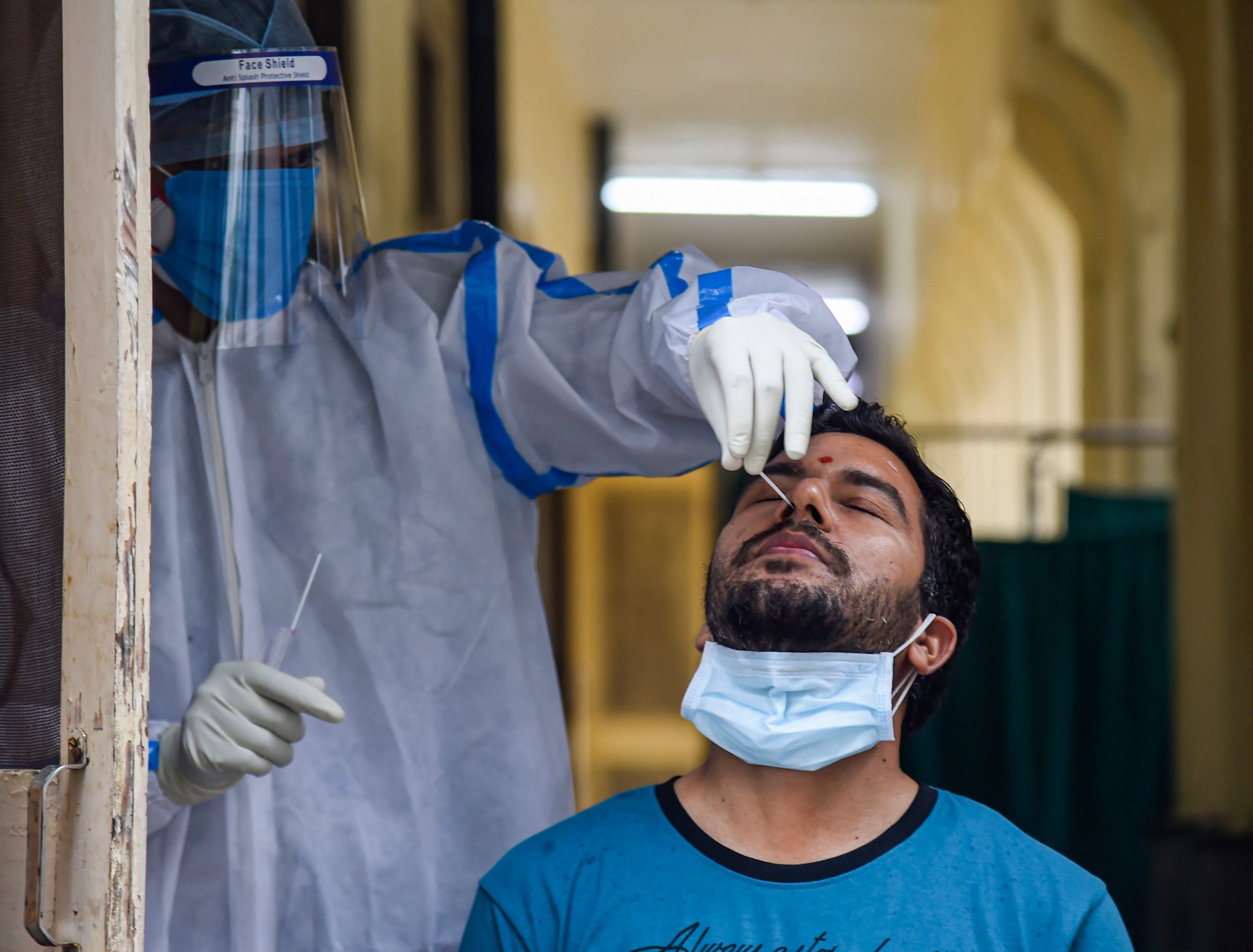According to a study, the novel coronavirus, which is responsible for COVID-19 disease could cause no more than common cold-like coughs and sniffles within the next few years.
As per the research published in the Journal Viruses, the study has made a prediction based on mathematical models on the current pandemic on how our body’s immunity changes over time.
Also Read: COVISELF, India’s first DIY COVID-19 testing kit: All you need to know
Fred Adler, a professor of mathematics and biological sciences at the University of Utah said, “This shows a possible future that has not yet been fully addressed.” He added, “Over the next decade, the severity of COVID-19 may decrease as populations collectively develop immunity.”
The study indicates that changes in the virus could be driven by adaptations of our immune response rather than the changes in the disease itself.
Though, the SARS-CoV-2 virus is the best known member of the coronavirus family, other seasonal coronaviruses also circulate and are less dangerous than the COVID-19 virus.
Also Read: Pregnancy during lockdown: How COVID-19 has affected new mothers
The ‘Russian flu’ pandemic, which rose in the late 19th century, might have been caused by one of such cold-causing viruses that might have once been severe. The present-day virus’s severity could also lessen over time like the Russian flu, according to scientists.
Mathematical models with evidence on the body’s immune response to COVID-19 virus were built to understand the scenario clearly. After analysing, their versions set up a situation where an increasing number of the population will become predisposed to mild disease over the long term.
Adler stated, “In the beginning of the pandemic, no one had seen the virus before. Our immune system was not prepared.” The model indicates that as more adults become partially immune, whether through infection or inoculation, severe infections disappear over the next decade, research suggests.
Also Read: Australia urges over-50s to get jabbed as vaccine hesitancy grows
The researchers added that only people who will be exposed to the virus for the first time will be children, who are less at risk from the severe disease.
Study’s first author Alexander Beams said, “The novel approach here is to recognise the competition taking place between mild and severe COVID-19 infections and ask which type will get to persist in the long run.”
He added, “We have shown that mild infections will win, as long as they train our immune systems to fight against severe infections.”
Also Read: Bharat Biotech to ramp up Covaxin’s production by additional 200 million doses
The researchers noted that the models don’t account for every potential influence on disease trajectory, like, if new virus variants overcome partial immunity, COVID-19 could take a turn for the worse. The team also stated that such predictions will hold up only if the key assumptions of the model hold up.







